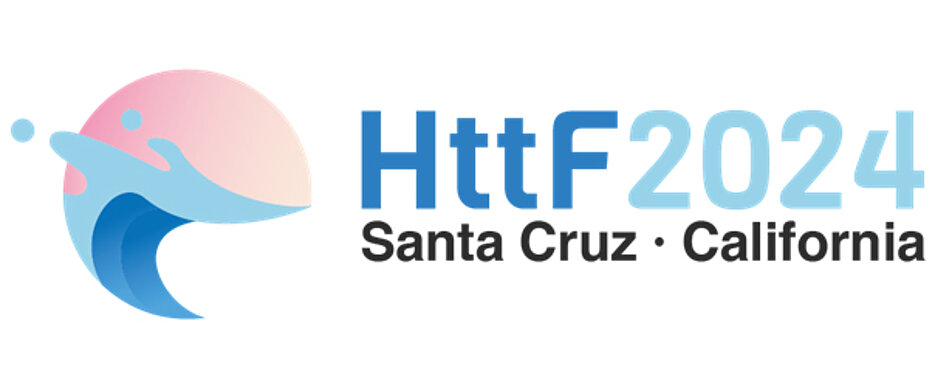Beitrag zum Halfway to the Future Symposium (2024)
28.10.2024Sara Wolf vom Lehrstuhl für Psychologische Ergonomie hat zusammen mit Caroline Claisse, David Chatting, Ben Morris und Abigail C. Durrant vom Open Lab (Newcastle University, UK) einen Beitrag auf dem Halfway to the Future Symposiums (HttF’24) veröffentlicht.
Der Beitrag „Making Alternatives through Design for Mediated Spiritual Practice“ reflektiert den Prozess der Wissensgenerierung im Projekt Resound. Sara Wolf hatte während eines Aufenthalts als Gastforscherin im Open Lab an diesem Projekt mitgearbeitet. Der Aufenthalt wurde durch Mittel der Fakultät für Humanwissenschaften finanziell unterstützt.
Zusammenfassung
The COVID-19 pandemic has intensified our dependence on screen-based devices, re-shaping how we connect with one another. Motivated by a yearning for alternative and post-pandemic religious and spiritual (R/S) practice, we pursue a Research-through-Design (RtD) project, Resound, exploring mediated technospiritual connections with a UK-based Buddhist community. This pictorial depicts the complexity of (i) designing with spiritual-corporeal selves engaged in community-centred and ritualistic practices; (ii) and tangible artefacts and sonic environments being made, configured and practiced with. We reflect on this ongoing material engagement as making tangible alternatives through techno-spiritual practice.
Referenz
Caroline Claisse, David Chatting, Sara Wolf, Ben Morris, and Abigail C Durrant. 2024. Making Alternatives through Design for Mediated Spiritual Practice. In Proceedings of the Halfway to the Future Symposium (HttF '24). Association for Computing Machinery, New York, NY, USA, Article 26, 1–6. https://doi.org/10.1145/3686169.3686190




